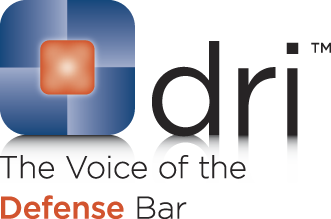In the case of Staccato v. Valley Hospital, 123 Nev. 530, 170 P.3d 503, 505 (2007), the Nevada Supreme Court considered the question of which type of experts can give opinions in which disciplines. In Staccato, the Plaintiff hired an expert doctor to testify against the Defendant’s nurse. The nurse had given a “needle-phobic” patient an injection while the patient was standing up. The patient warned the nurse that he would pass out. In fact, the patient did pass out, hit his head and was injured.
The Defendants argued that since Plaintiff’s expert was not a nurse, the doctor could not offer testimony against a nurse. However, the Nevada Supreme Court rejected this very restrictive position. Nevada decided that instead of looking at the expert’s license, the trial court should look the expert’s practical knowledge and experience and whether the expert’s opinion was going to help the jury reach its decision.
In practice, we sometime see “experts”, who will offer opinions on any subject. These “professional witnesses” have been given great latitude based on their academic background or licensure. While at first blush the Staccato opinion seems to encourage such latitude, it actually does the opposite. Under Staccato, it is the expert’s demonstrable competence not just his credentials, that determine his expertise. For example, a neuro-psychologist (Ph.D.) and a neuro-psychiatrist, (M.D) may both be qualified as experts, as to the interpretation of various psychological tests and evaluations, provided both have actual practical, clinical experience in the area. An anesthesiologist, orthopedist or neurologist, who specializes in pain management, may all be equally qualified to offer expert testimony in a case where the claim is of chronic pain, while an orthopedist who specializes in total knee replacements is not.
An ophthalmologist, who offers his services as a general medical expert on auto accidents, may find himself challenged unless he can demonstrate actual experience in treating whiplash injuries of the lower back and spine. While a lack of clinical expertise has often been used to attack the credibility of an expert at trial, Staccato provides grounds for exclusion of the expert and his opinions in toto.
If you have questions or would like further information concerning the choice of an expert, please contact us at Mike@mcmillslaw.com.
 Follow
Follow Email
Email


